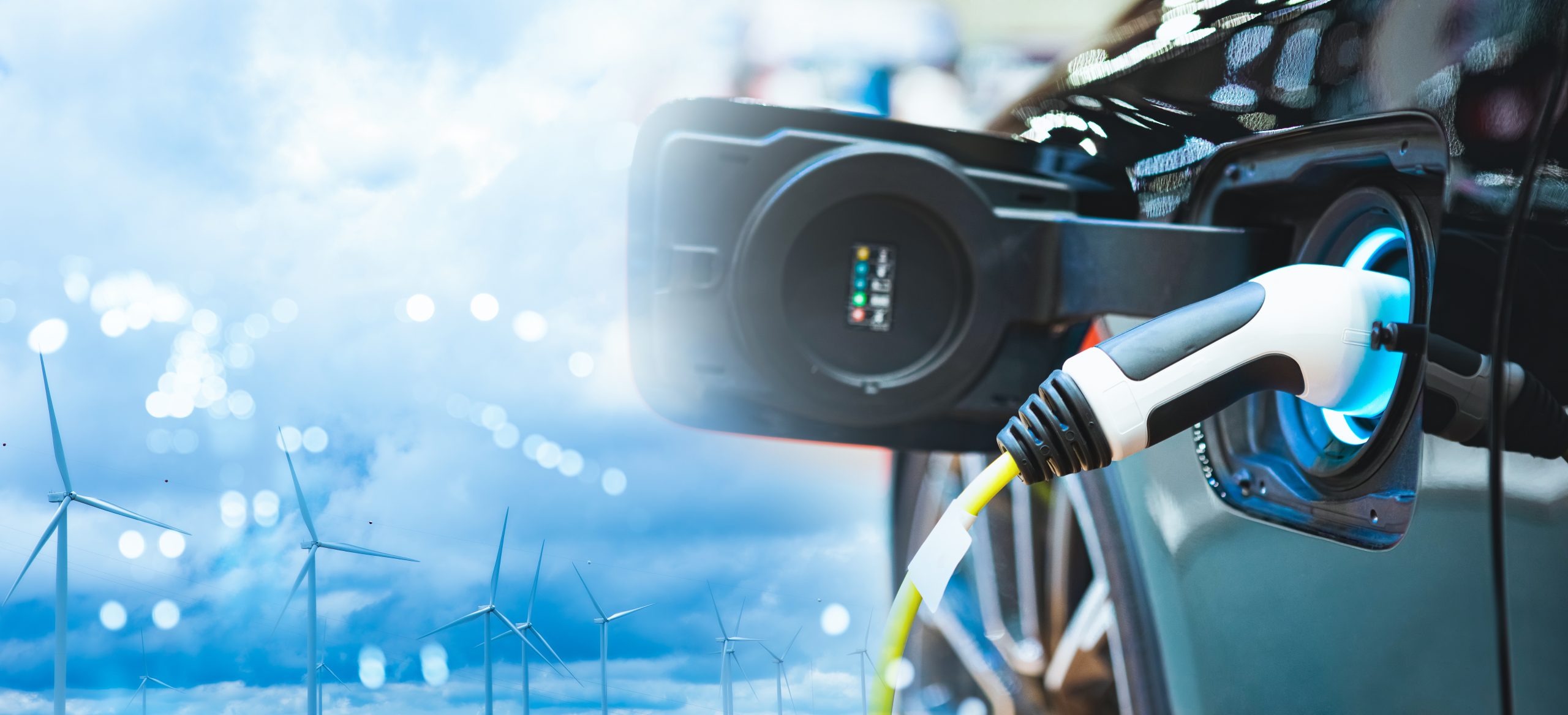Report: Aussies Ask Neighbors To ‘Ration’ Energy Use So They Can Charge EVs

Even as leftist leaders in states across the nation push for the eradication of gas-powered automobiles, energy shortages worldwide are making it difficult — if not impossible — for electric vehicle owners to charge up their rides.
The situation apparently reached a boiling point in a suburb of Melbourne, Australia, recently, where reports indicate a group of locals distributed flyers that pleaded with their neighbors to reduce energy consumption so they would be able to charge their electric vehicles.
According to the Daily Mail, the notice referenced “some challenges in relation to electricity use” as the region continues its pursuit of “green” energy policies.
“Basically to enable the charging of our EV’s we will roster our charging days times etc, and we ask that during this time you ration your electricity use ie: air cons, washers, dryers etc off when we are charging our cars,” the flyer stated.
It went on to call for a “small sacrifice today” that would “help put an end to global warming and the associated issues.”
The letter, which was initially posted to social media by a user who claimed to be one of its recipients, referenced a meeting by members of the “EV crew,” which seemed to indicate that those without an electric vehicle did not have an opportunity to weigh in on the topic.
Of course, the Daily Mail and other news sources were unable to independently verify the flyer’s authenticity.
Nevertheless, the debate it sparked on Facebook and other platforms reflected an ongoing discussion regarding the feasibility of extreme positions on environmental issues.
Earlier this year, the same California officials who backed a plan to eliminate the sale of new gasoline-powered vehicles statewide by 2035 told current EV owners not to charge their cars during peak hours due to energy shortages.
As Democratic Gov. Gavin Newsom explained at the time: “All of us have been trying to outrun Mother Nature, but it’s pretty clear Mother Nature has outrun us. The reality is we’re living in an era of extremes: extreme heat, extreme drought — and with the flooding we’re experiencing around the globe.”
Furthermore, many experts have pushed back against the prevailing narrative that electric vehicles are inherently better for the environment than those powered by internal combustion engines.
As James Agresti, a policy adviser for the Heartland Institute, wrote last month: “The notion that electric vehicles are ‘zero-emission’ is rooted in a deceptive narrative that ignores all pollutants which don’t come out of a tailpipe. Assessing the environmental impacts of energy technologies requires measuring all forms of pollution they emit over their entire lives, not a narrow slice of them.”
























